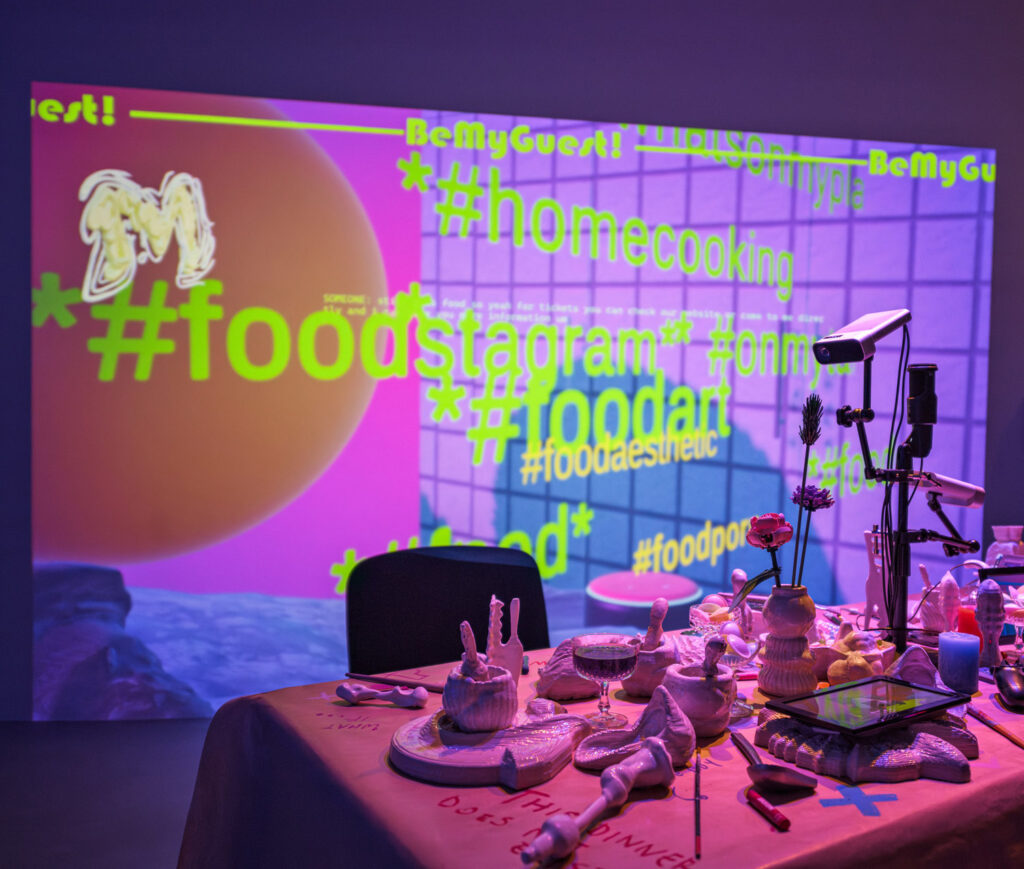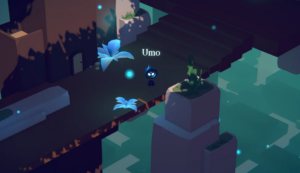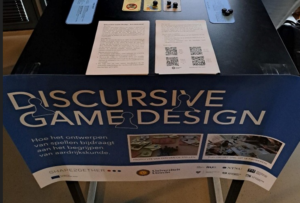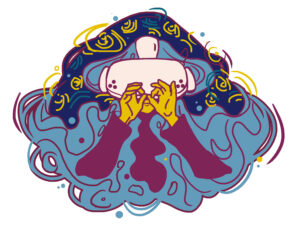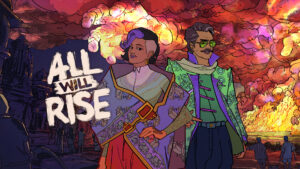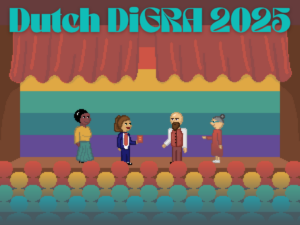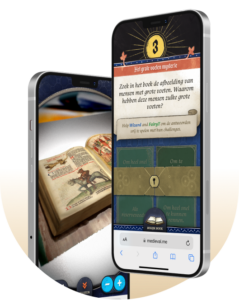Meet the Makers: Daniela Tenenbaum and “In Touch”
Our colleagues from the Transmission in Motion hybrid research community are organizing another Meet the Makers session, this time focusing on the IMPACT exhibition In Touch. It’s an exhibition which should be interesting for those exploring the potential of playful media.

